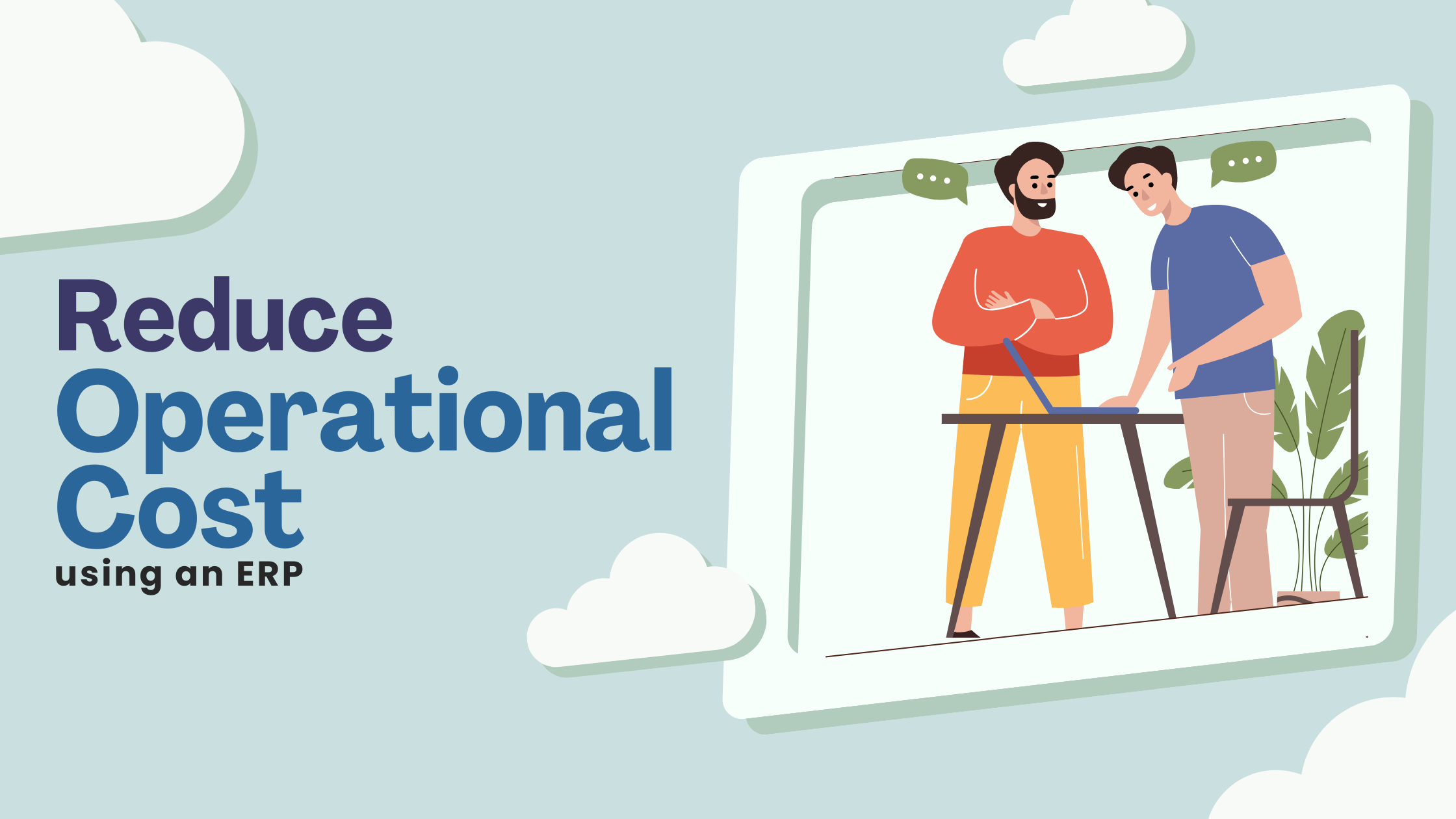Harnessing ERP for Cost Efficiency: Strategies for Operational Optimization
In today's highly digitalized business landscape, the implementation of robust business management solutions such as ERP, MRP, and PMS has become imperative for companies seeking to stay competitive. One of the primary objectives of deploying such digital solutions is to drive down operational costs and enhance overall efficiency. Whether these systems are already in place or yet to be implemented, there are numerous strategies that companies can adopt to leverage ERP effectively and reduce operational expenses.

Let's explore some key points to consider when using an ERP system to minimize operational costs:
- Structure operations: Begin by categorizing and organizing all identified operations within the company. Group related operations together for ease of accessibility and flow within the ERP system. This logical structuring ensures that the software conforms to the existing organizational framework without necessitating major restructuring.
- Eliminate repetitive processes: Identify and eliminate redundant processes within operations and software functionalities. By merging common activities and streamlining workflows, companies can significantly reduce operational time and enhance productivity. For example, automating communication tasks such as generating invoices and delivery challans based on work orders can streamline operations.
- Automated data entry: Implement automation to reduce human intervention in routine tasks. Automation not only saves time but also ensures data accuracy. Common processes across departments can be automated, such as sending reminders to staff, vendors, or customers, thereby optimizing daily operations.
- Readily available historical data: Store historical data within the ERP system to facilitate analysis and decision-making. Historical data, both working and master data, can help identify patterns, predict trends, and analyze company performance. By leveraging historical data, companies can pinpoint areas of improvement and drive down costs.
- Auto-generated reports: Automate the generation of critical reports to streamline administrative and analytical processes. Daily autogenerated reports enable quick identification of issues, allowing for immediate corrective action. Monthly reports on finances and accounts provide insights into cash flow, enabling cost reduction strategies.
- Data on optimum inventory: Utilize ERP or MRP systems to optimize inventory management through accurate planning and analysis. By forecasting raw material requirements or service usage, companies can avoid excess inventory and minimize costs, thereby freeing up working capital.
- Data on actual task completion: Implement a task management system within the ERP to track employee activities and identify bottlenecks or non-productive operations. By recording daily tasks and challenges, managers can optimize workflows and improve productivity.
- Automated reminders to stakeholders: Automate reminders and notifications to staff, vendors, and customers to streamline communication processes. By leveraging existing data within the ERP system, companies can send timely reminders regarding payments, deliveries, or task deadlines, reducing manual effort and improving efficiency.
- Single platform for data sharing: Establish a single data sharing platform for seamless communication with vendors and clients. By centralizing document sharing and communication channels, companies can eliminate the need for back-and-forth emails and ensure data integrity, leading to cost savings and improved productivity.
By implementing these strategies, companies can operate more efficiently and effectively while reducing operational costs. The upfront investment in customizing or designing an ERP solution is far outweighed by the long-term benefits of cost savings and operational optimization. Additionally, companies can explore outsourcing options for IT management or assign internal resources to manage critical operations within the ERP system. Ultimately, leveraging ERP for cost efficiency allows companies to invest spare funds in growth-oriented initiatives, driving sustainable success in today's competitive business environment.
